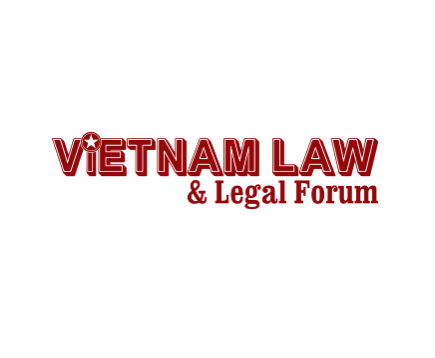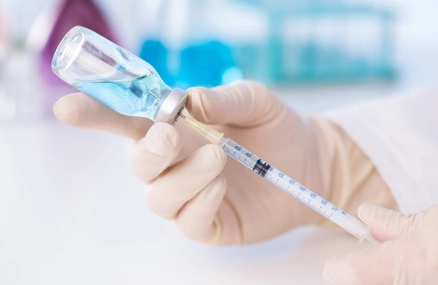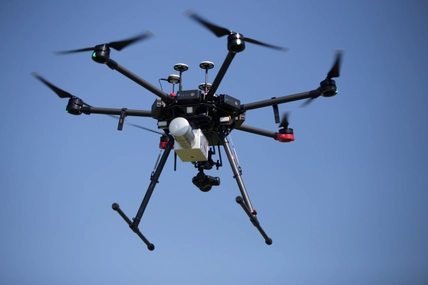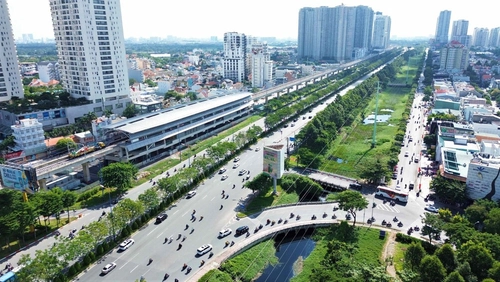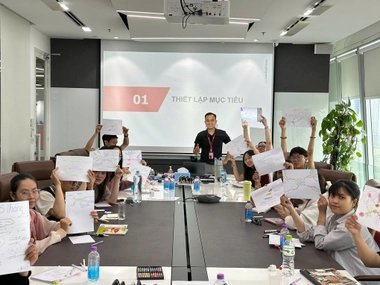The Ministry of Health has released a draft Law Amending the 2016 Law on Pharmacy, providing many attractive incentives for boosting the development of the pharmaceutical industry.
The Ministry of Health (MOH) has released a draft Law Amending the 2016 Law on Pharmacy, providing many attractive incentives for boosting the development of the pharmaceutical industry.
The draft law, which is scheduled to come into force in 2025, adds two new articles to the 2016 Law, revises 36 articles, and annuls one article.
The draft law covers noteworthy contents such as incentives for investment in drug manufacturing technology transfer, marketing authorization of drugs and medicinal ingredients, management of drug price, drug import and export, and pharmaceutical business of foreign-invested enterprises in Vietnam.
Incentives for drug manufacturing technology transfer
In order to attract investment and boost domestic manufacture of drugs and medicinal ingredients, the MOH proposes a set of incentives and special incentives for new drugs, brand-name drugs, herbal drugs and traditional drugs produced from domestically available medicinal ingredients, and hi-tech drugs, biotechnology drugs and specialty drugs produced in Vietnam under technology transfer contracts.
These incentives cover preferential tax and land rental rates, easier credit access, and application of simpler procedures for settlement of administrative procedures related to investment and business, grant of certificates of eligibility for pharmaceutical business and marketing authorization of drugs and medicinal ingredients, among others.
The MOH also proposes the adoption of a mechanism to promote the research into, and acquisition of, drug manufacturing technologies and attract foreign investment in the manufacture of medicinal ingredients, new drugs, brand-name drugs, specialty drugs, biological drugs and national-branded herbal drugs.
Marketing authorization of drugs and medicinal ingredients
Revising Article 54.2 of the 2016 Law, the draft law proposes not requiring the performance of marketing authorization procedures for medicinal ingredients used for drug manufacture which have been granted a marketing authorization certificate. Particularly for drugs and medicinal ingredients already approved to be marketed but yet to be sold in the country, the validity duration of their marketing authorization certificates would not be extended.
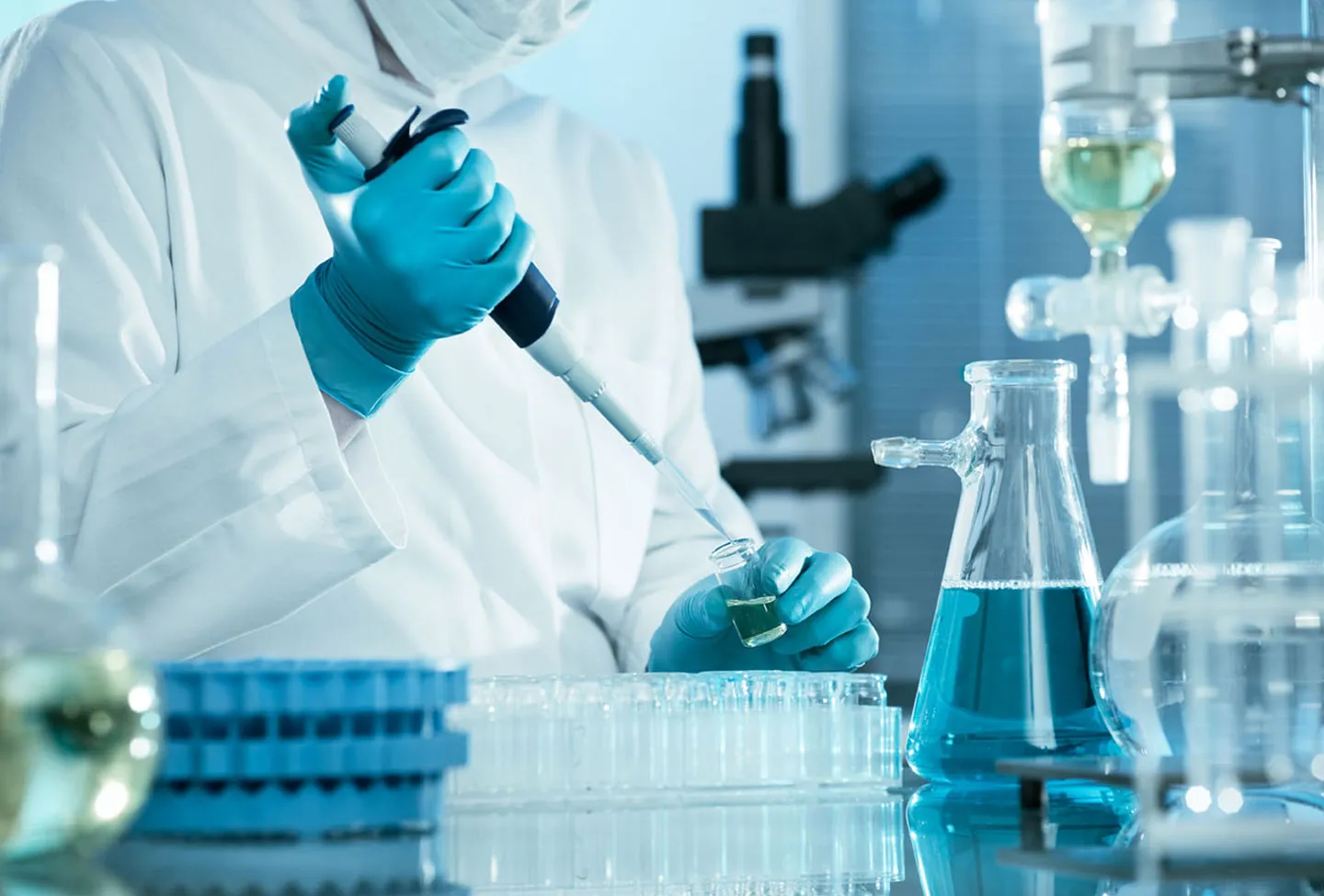
Worthy of note, once the draft law takes effect, in case of emergency when it is necessary to shorten the time for going through formalities to meet requirements for national defense or security assurance, epidemic prevention and control or remediation of consequences of disasters or catastrophes, the certificate of pharmaceutical products (CPP) might be replaced with a document proving that drugs have been licensed. For new drugs licensed for marketing in countries whose national drug regulation authorities are considered by the World Health Organization (WHO) to apply stringent standards for quality, safety, and efficacy in the process of regulatory review of drugs and vaccines for marketing authorization (stringent regulatory authorities - SRAs) or within the jurisdiction of the European Medicines Agency for the purpose of epidemic prevention and control, the results of appraisal of technical dossiers and clinical trial application dossiers filed by finished drug manufacturers in drug registration dossiers and their GMP certificates would be recognized.
Applicants for marketing authorization certificates would not be required to make clinical trial application dossiers for new drugs which are domestically produced for the purposes of national defense and security assurance, epidemic prevention or remediation of disasters’ consequences and have the same active ingredients, dosage form and route of administration as drugs licensed by one of SRAs.
Management of drug price, drug import, and export
To ensure consistency and effectiveness in state management of declaration and re-declaration of prices of domestically produced drugs, the draft proposes that the Government would be in charge of making a list of drug groups subject to price declaration, adjusting the list based on practical situations and setting out professional principles and criteria for selection of drugs to be included in such list.
Meanwhile, the Prime Minister would have the authority to decide on the declaration of price of drugs and vaccines to be provided free of charge to people in case of emergency to meet requirements for national defense and security assurance, disease prevention and control, and remediation of consequences of disasters and catastrophes under agreement with drug manufacturers or suppliers.
Provincial-level People’s Committees would continue to receive, announce, and review declared or re-declared prices of drugs produced in their localities, and post information on drug prices on their portals.
Supplementing Article 60 of the 2016 Law, the draft permits the import of medicinal ingredients that are exported semi-finished drug products. Drugs without authorization marketing certificates which are imported for clinical trials would be exempt from import licenses, unless they are subject to special control.
Based on drug manufacturers’ requests, the MOH would decide on the manufacture of domestic drugs for epidemic prevention and control by using medicinal ingredients that have been licensed for import for other purposes.
Pharmaceutical business of foreign-invested enterprises
Under the draft, foreign-invested enterprises would be allowed to conduct pharmaceutical business in the following fields: manufacture, import, export and quality control of drugs and medicinal ingredients, clinical trial and bioequivalence trial of drugs. Particularly, foreign-invested enterprises would be subject to the same business conditions and procedures as their domestic rivals. However, they may not carry out activities directly related to the distribution of drugs and medicinal ingredients, except those produced by themselves in Vietnam.
By: VLLF

